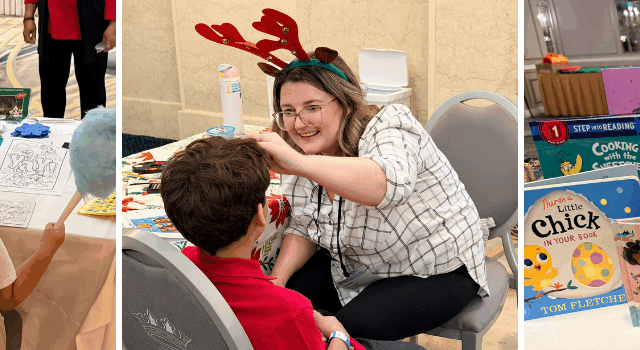A decade has passed since the United Nations declared July 15 as World Youth Skills Day. In honour of this day, Jeffrey Schiffer, our Chief Impact Officer, and John Sharpe, Executive Director at Partners for Youth Inc., penned their thoughts on one group of young Canadians that remains overlooked and underserved: those aging out of government care.

Canada’s skill development programs are failing youth from care
Over the past ten years, Canadian governments have introduced numerous high-profile programs aimed at equipping youth with skills in technology, trades, entrepreneurship, and hospitality. These initiatives have undoubtedly benefited many. However, their failure to address the unique needs of youth transitioning out of care is not just a lapse—it’s a travesty happening in real time.
As recently as this month, Youth Works, one of our nation’s only programs focused specifically on supporting youth aging out of care to find and maintain meaningful employment, has faced significant cuts to its federal funding that threaten its ability to survive.
If we genuinely believe that every young person deserves a fair shot at success, we must act now to ensure that skill development opportunities are accessible to all, not just a select few.
Understanding the Issue
Youth raised in government care face distinct and daunting challenges. Many have endured abuse, neglect, and abandonment, leading to enduring trauma and instability that disrupts their education and leaves them socially isolated.
At a critical juncture in their lives, sometimes as young as 16, they are required by government policy to leave the care system. This abrupt transition strips them of the support systems they have depended on, including foster and group homes.
As they enter survival mode, it’s unsurprising that these young individuals face alarmingly high rates of homelessness, unemployment, and poverty.
The statistics are stark: 58% of homeless youth in Canada have been involved with the child welfare system. Nearly 60% of youth from care are unemployed and rely on social assistance. The ten-year cost of lost earning potential for these youth is a staggering $7.5 billion.
This situation highlights a significant failure in government policy, which inadequately supports youth transitioning out of care. It also underscores a decade-long failure of skill development programs that have neglected to engage these young people before they fall through the cracks.
Defining Essential Skills for Youth from Care
Effective skill development programs for youth aging out of care must extend beyond mere job readiness. These young individuals often require support in building life skills, emotional intelligence, social skills, and executive functioning abilities such as planning, following multi-step instructions, and achieving goals.
Programs should provide access to a community of stable, caring adults who can help youth identify their strengths and interests, develop plans to reach their goals, and build confidence and self-esteem. Additionally, dedicated funding support should be available for tuition, fees, and in some cases, basic necessities like food and housing.
According to John Sharpe, Executive Director, Partners for Youth Inc., a Youth Works partner in New Brunswick, the program exemplifies an initiative designed with the specific needs of youth leaving care in mind. It has been transformative for participants like Tyson, who, through the program, found employment, considered community college, and received support for tuition and basic needs. Tyson is now completing his on-the-job training and will graduate later this year—a life-changing outcome made possible by the comprehensive support provided by Youth Works.
Working Together for a More Equitable Future
To thrive as a nation and uphold our commitment to equitable opportunity, we must invest deeply in skill development programs that uplift the lives of young people leaving care—one of the most underserved and overlooked populations in Canada’s history.
This is a collective responsibility. From the private sector to community organizations, from philanthropists to government, we must collaborate to build a system that supports and empowers all young people to achieve their full potential.
The time for action is now. Let’s start today.



